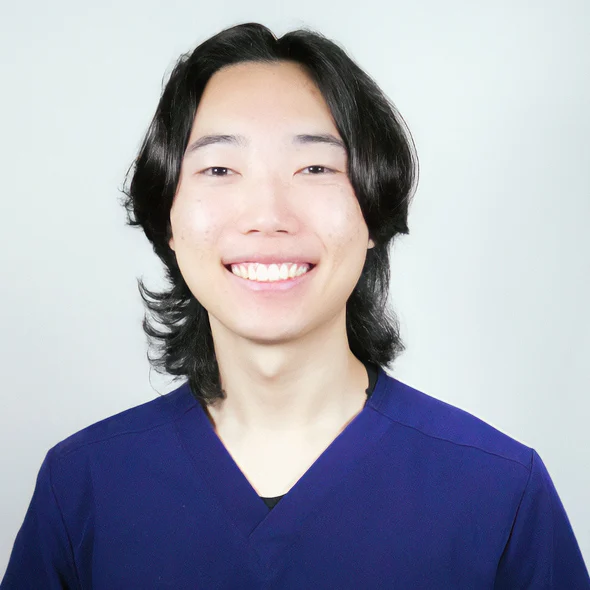What is Head Trauma?
Head trauma refers to any injury to the brain or skull, ranging from minor bumps to severe traumatic brain injury (TBI). It can be classified as either open or closed. Closed head trauma involves injuries like concussions or brain contusions, which don’t break the skull. On the other hand, traumatic brain injury (TBI) results in damage to the brain, often leading to symptoms such as memory loss, dizziness, brain fog, headaches, and pressure around the head.
What are the Symptoms of Head Trauma?
Symptoms of head trauma vary depending on the severity of the injury. Common symptoms of a head injury include:
- Convulsions
- Confusion or disorientation
- Loss of consciousness
- Slurred speech
- Severe headaches
- Vomiting
- Slow breathing or irregular breathing rate
- Memory loss or difficulty concentrating
Causes of Head Injury
Head injuries are commonly caused by direct blows or impacts to the head. Some of the most frequent causes include:
- Sports injuries
- Car accidents
- Violence or physical altercations
- Falls or accidents at home or work
To prevent head trauma or reduce the risk of traumatic brain injury, it is essential to wear protective headgear during sports and avoid dangerous situations.
Treatment for Head Trauma
The treatment for head injury depends on the severity of the trauma and the symptoms presented. Early intervention is crucial to avoid further complications. At Norcal Brain Center, we specialize in assessing the effects of head trauma through comprehensive testing, which helps identify impaired brain functions due to the injury. After a thorough evaluation, we create a customized treatment plan to address the specific brain regions affected by the injury, helping improve recovery and function.
What is Neck Trauma?
Neck trauma refers to any injury to the neck, often causing discomfort, stiffness, and pain. It can affect the soft tissues, bones, or nerves in the neck, especially along the spinal cord. Damage to the neck can lead to serious issues, including spinal cord injuries or nerve damage.
Causes of Neck Trauma
Neck injuries are often caused by:
- Motor vehicle accidents (e.g., whiplash)
- Falls (e.g., slip and fall accidents)
- Acts of violence (e.g., assaults)
- Sports and recreational injuries (e.g., contact sports)
- Alcohol-related accidents
- Certain diseases that weaken bones or tissues in the neck
Types of Neck Trauma
Common types of neck trauma include:
- Muscle strain: Overuse or sudden movements can strain neck muscles.
- Whiplash: A sudden jerking motion, often from car accidents, can strain neck muscles and ligaments.
- Cervical dislocation: Displacement of the vertebrae in the neck that may require emergency medical attention.
Symptoms of Neck Trauma
Neck injuries can lead to serious complications, including spinal cord injury and permanent disability. Common symptoms include:
- Severe neck, back, or head pain
- Weakness, paralysis, or incoordination in any part of the body
- Numbness, tingling, or loss of sensation in the hands, feet, or limbs
- Loss of bladder or bowel control
- Difficulty walking or maintaining balance
- Impaired breathing
- Abnormal neck or back positioning






